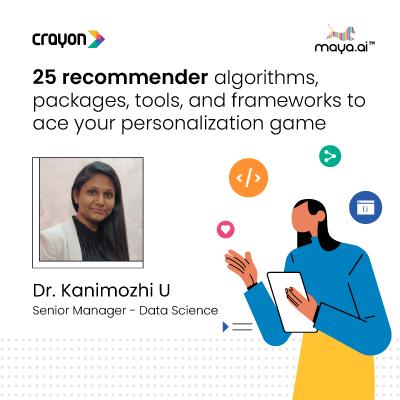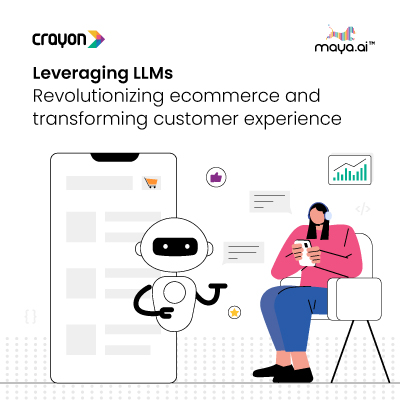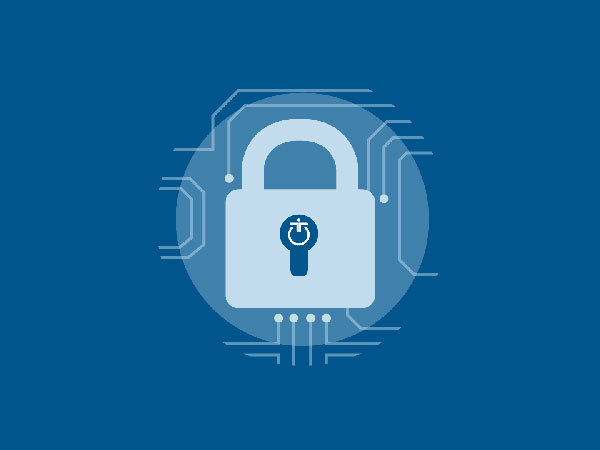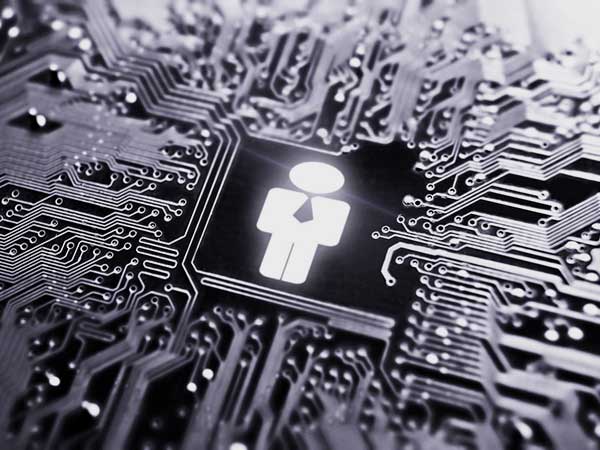In the past, there was no accurate way to track the outbreaks of diseases. It used to take weeks for the Center for Disease Control and Prevention’s surveillance network to collect and process its data, but things have changed!
Today, scientists at Google are now able to accurately track outbreaks of diseases in real-time, using the geographical locations of certain search engine queries and they published their new, revolutionary big data approach in a 2009 paper that opened up a new field called digital disease detection. It is a field that, like so much else associated with big data, offers great promise, but using big data from social media to carry out public health surveillance raises some clear ethical issues.
“Current regulatory and ethical oversight mechanisms are ill-equipped to address the entire spectrum of [digital disease detection]-type activities. A context-sensitive understanding of ethical obligations may reveal that some data uses that may not be acceptable within corporate activity (e.g., user profiling and data sharing with third parties) may be permissible for public health purposes,” an international quartet of digital disease detection researchers wrote recently in PLoS Computational Biology.
Do corporations with such data then have an ethical obligation to make the data available to public health officials? If companies do share, are they obligated to disclose that to their users or allow them to opt out? And should private companies in the health care sector, like insurance companies, have access to the data? One of the most urgent ethical issues that the researchers identify lies at what they call “the nexus of ethics and methodology.” It can be reduced to one question: Do these methods actually work?
You can read more about these ethical risks and serious consequences of digital disease detection here.

25 Recommender Algorithms, Packages, Tools, and Frameworks: Your Gateway to Exploring Personalized Recommendations
In...



















